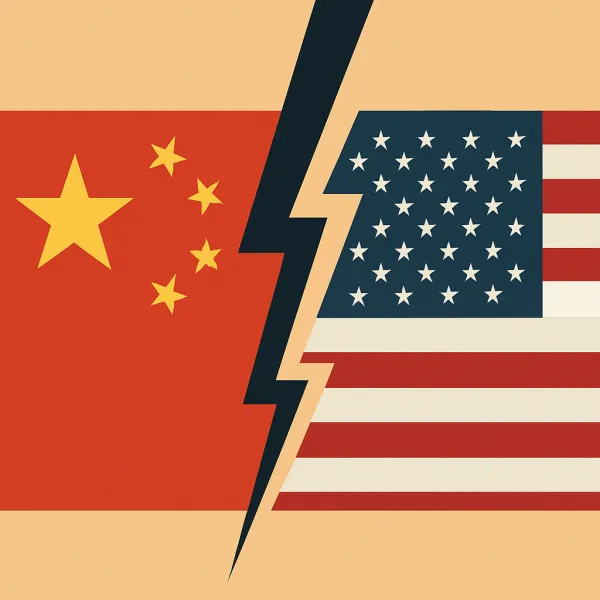
How VPNs Enhance Market Efficiency by Reducing Friction in Global Commerce
One of the first lessons students learn in introductory university economics courses is market efficiency— the notion that a market works best when buyers and sellers can transact freely with few barriers and minimal transaction costs. Perfect competition would also require transparent information, no barriers to entry for new firms, and no obstacles to their trading. In our ever-growing world of digital-commerce, Virtual Private Networks (VPNs) have emerged as one of the strongest tools driving market efficiency by dismantling geographic frictions including tariffs, sanctions, and regional borders.
Markets become inefficient when they’re constrained by national borders or protectionist barriers, or when they’re censored. Prices for the same goods and services can vary widely, access to information can grow uneven, and trade can drag. Not only is that inefficient, it places unnecessary strain on the internet infrastructure. VPNs help to bypass these inefficiencies by allowing the user to hide his geographic location, thereby avoiding these artificial boundaries. For example, a Nigeran software startup might use a USA VPN link to get a local subscription with American payment processors, or pay online services that are not in Nigeria, like PayPal, Stripe etc. Thus, they are not sidelined by local barriers and can compete on a fair playing field in the digital commerce world.
Consider the case of digital streaming services, for instance. In 2022, subscription for Netflix in Argentina was priced at about $4 a month, but in the US the price of that same subscription was priced at over $15 a month. Some users found a way around these complications by signing up for cheaper-country services over a VPN, taking advantage of differences in price from regional pricing. Over 31% of internet users around the world were using VPNs in 2023, according to a report by GlobalWebIndex. 26% of these users also claimed they turned to VPN in order to access better entertainment. This kind of action nudges markets toward what is typically referred to as the “law of one price”—the notion that identical goods should all sell for the same price no matter where they are located—a core principle of efficient markets.
VPNs can also allow users to access platforms and services that are restricted on political or regulatory grounds. For instance, freelancers that based in a censored country by the U.S. Treasury Department will use a USA VPN to connect so that they can connect to freelance marketplace such as Upwork of Fiverr. Though it’s legally complex on tech terms, economically, it means a rise in labor supply to global employers and better matching of skills to demand. In the absence of VPNs, talented freelancers would be unjustly excluded from the opportunity to sell their services globally, thereby reducing the welfare of both buyers and sellers.
However, the implications of markets becoming more efficient via VPN are not entirely benign. From a government’s perspective, VPNs could be used to skirt taxes, sanctions, and regulations, and can lead to erosion of sovereignty and enforcement capabilities. For instance, when people use VPNs in order to buy items on a foreign e-commerce site without local VAT and/or customs duties, there is a loss of revenue. It also doesn’t help that VPNs may further worsen concerns around base erosion and profit shifting in the digital economy; a problem area estimated to cost governments between $100 billion and $240 billion each year according to the Organization for Economic Cooperation and Development (OECD).
In addition, firms are forced to consider new region-specific pricing models and regulatory compliance structure. Services that used geo-restriction for price discrimination are increasingly pressured to standardize prices or tighten up verification procedures (with the resulting increased costs).
Nonetheless, VPNs draw e-commerce closer to the economic ideal of a perfect market, free of artificial transaction cost. They reduce transaction costs, broaden access to information and enable supply and demand to meet more freely across borders. This easing of friction, which is driven by technology and not policy reform, represents a grassroots evolution toward more integrated global markets.
In conclusion, as VPNs become more prevalent and cost-effective, their influence on world commerce won't be diminished any time soon. As regulators wrestle with enforcement quandaries, economists will see VPNs as instruments that—however imperfectly—promote the basic ideas of market efficiency. Like all innovations that lower friction do, VPNs also alter the balance between regulation and trade, usually faster than institutions are able to evolve.


